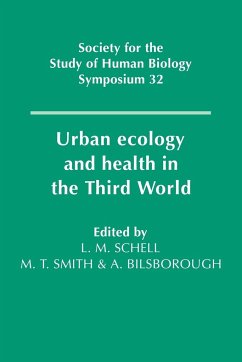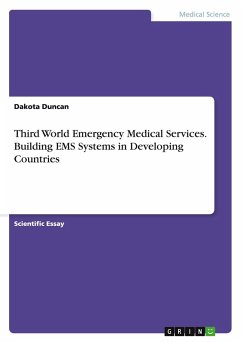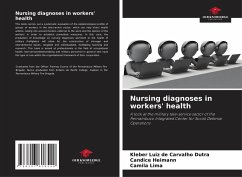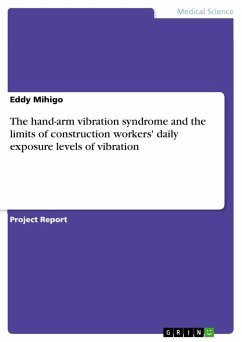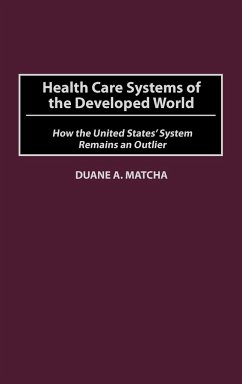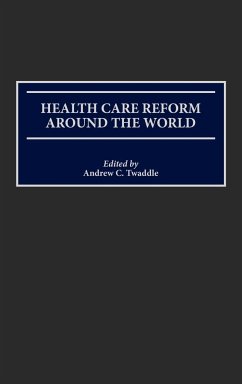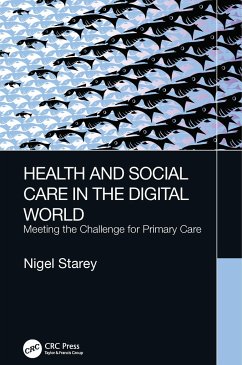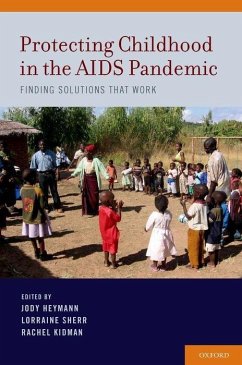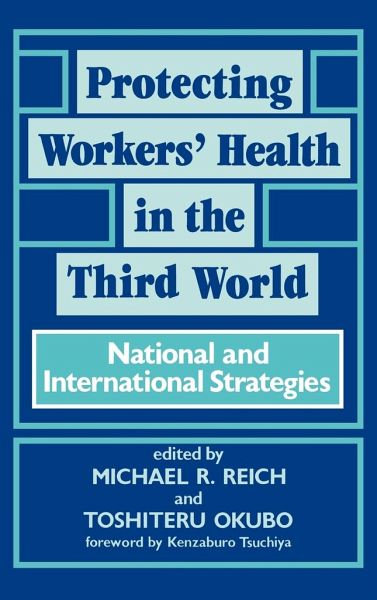
Protecting Workers' Health in the Third World
National and International Strategies
Herausgeber: Reich, Michael R.
Versandkostenfrei!
Versandfertig in 1-2 Wochen
88,99 €
inkl. MwSt.

PAYBACK Punkte
44 °P sammeln!
This impressive inquiry into Third World health problems linked to industrialization offers positive directions for both national and international strategies. Occupational health and safety issues, often given low priority as developing countries seek to advance their economies, are seen in their compelling importance through studies on China, Colombia, Costa Rica, India, Malaysia, Nicaragua, South Africa, and Sri Lanka. Part One describes the nature and scope of work-related health problems in developing countries. Health policies designed to meet national needs in the changing work and indu...
This impressive inquiry into Third World health problems linked to industrialization offers positive directions for both national and international strategies. Occupational health and safety issues, often given low priority as developing countries seek to advance their economies, are seen in their compelling importance through studies on China, Colombia, Costa Rica, India, Malaysia, Nicaragua, South Africa, and Sri Lanka. Part One describes the nature and scope of work-related health problems in developing countries. Health policies designed to meet national needs in the changing work and industrial settings are analyzed through case studies in Part Two. National strategies are considered in Part Three as means of improving work-related health conditions, and Part Four proposes strategies at the international level to improve Third World occupational health. This is an authoritative analysis with substantive recommendations which will affect the thinking of health policy makers and public health planners in the international community and the Third World.



